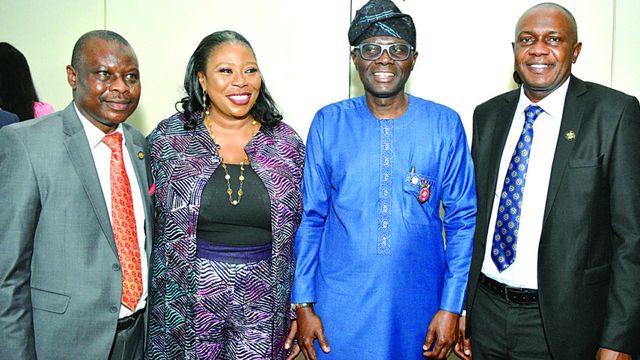Hopes have brightened for the eventual reform of the real estate industry in Lagos, as authorities have indicated that it is now prepared to commence the enforcement of the state’s estate agency regulatory law.
The law approved in 2015 establishes the state’s Estate Agency Regulatory Authority, currently managed by the Real Estate Transaction Department (LASRETRAD) under the Ministry of Housing, prepares rules and regulations for the practice of estate agency in the state.
The authority will also maintain a register of estate agents, sanction unlicensed estate agency practitioners, collate data on property transactions, investigate complaints and petitions against licensed practitioners as well as ensure the payment of fees, taxes or charges on property transactions.
Under the proposed reform, any developer that wants to practice the business of estate agency must obtain a license from the authority and has powers to monitor completed or uncompleted structures as well as recommendations for the revocation of subsisting right of occupancy on the property that failed to comply with notices.
Essentially, the new agency regulatory organ has fixed agency fees of 10 per cent of the total rent collected on any transaction, imposes 15 per cent fees on any sale or purchase of land or building where two or more agents are retained by the owner/vendor. Every tenancy agreement will also attract 12.5 per cent legal fees.
As an indication for its preparedness, the Special Adviser to the Governor on Housing, Mrs. Toke Benson-Awoyinka told media personnel last week that the new platform for the transactions will be launched in January with the assistance of some private sector entities.
“Our vision is to provide an enabling environment and transparent real estate sector conforming with international best practices, while safeguarding the interests of all stakeholders, our mission, however, is the creation of an innovative and sustainable environment to promote Lagos as a real estate investment destination in Africa and the World, ” she said.
Benson-Awoyinka explained that increasing modern technology, frauds, and outcry in the state necessitated the scheme. “The 21st Century smart city of Lagos requires that virtually all real estate stakeholders and transactions be known and captured electronically with access to data by the citizens in real-time, as real estate to Lagos is as oil to Nigeria.”
According to her, there is the need to provide, develop and continuously capture and update a unified central database of real estate activities within the State while making it accessible for objectives of planning and policy decisions.
Benson-Awoyinka stated that the development and growth of the real estate industry depend on how to foster enduring client relationships and building trust.
“It is, however, the responsibility of government to partner with relevant professional bodies in the Housing sector to eliminate impostors, fraudsters, charlatans and sharp practices associated with members who claim to be accredited building or housing sectors practitioners, but whose sole objective is to defraud unsuspecting members of the public who engage their services in renting, leasing, buying, selling and property development.
“The ultimate aim is to eliminate the bad eggs in the industry and punish in accordance with relevant provisions of the State Law, thereby restoring the integrity of the profession within the State and Nigeria as a whole,” the special adviser said.
She called that the government had an engagement on real estate/agency business to sensitize stakeholders, adding that such forum will continue with community associations and other groups in the state.

